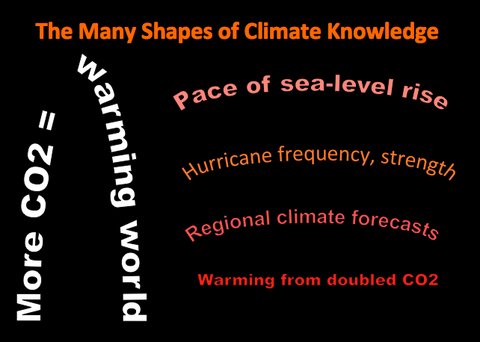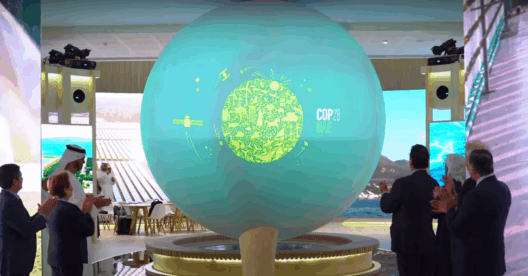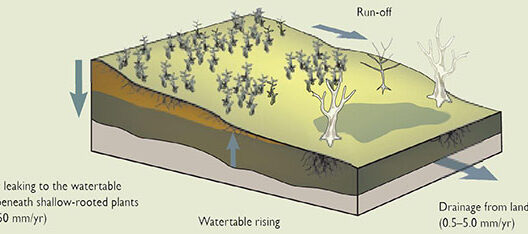In recent years, the discourse surrounding global warming has polarized public opinion, creating the misconception that there exists a universal consensus among scientists regarding the existence and causes of climate change. While it is indeed true that an overwhelming majority of climate scientists affirm that global warming is a significant concern accelerated by anthropogenic activities, the intricacies of scientific inquiry reveal a more nuanced landscape that merits exploration.
At the heart of this topic lies the question: Do all scientists agree on global warming? The short answer is no. However, this does not dilute the critical findings widely accepted within the scientific community. A meticulous examination reveals divergences in interpretation, emphasis, and implications of global warming rather than outright disagreement on its fundamental occurrence.
First, it is essential to delineate the concept of consensus in science. Scientific consensus is not a unanimous agreement nor is it a decree. Rather, it is a collective judgment formed from extensive research, analysis, and peer-reviewed studies. Organizations such as the Intergovernmental Panel on Climate Change (IPCC) distill vast amounts of evidence furnished by climate research into assessments that convey the prevailing views of scientists worldwide. When they assert, for instance, that the planet is warming and that human activities are primary drivers of this change, they reflect a robust aggregation of empirical data rather than a unanimity of opinion.
However, there exists a cadre of scientists and researchers who question certain aspects of this consensus. Their skepticism often stems from perceived gaps in data, uncertainties regarding climate models, and, in some cases, ideological biases. For example, some argue that current climate models may not accurately encapsulate the intricacies of climate systems, thus leading to overestimations of future warming scenarios. Such dissent, while often amplified in media narratives, represents a fraction of the broader scientific community, yet serves as a touching point that perpetuates the myth of disagreement.
We can observe variations in scientific perspectives even among those who broadly accept the reality of global warming. Some scientists concentrate on the immediacy of climate impacts, outlining consequences such as rising sea levels and increasing frequency of natural disasters. Others may take a longer temporal view, focusing on ecological shifts and gradual changes in biodiversity. These emphases influence the recommendations made for policy intervention and highlight that within the scientific community, different motivations can lead to different interpretations and calls to action.
Moreover, the complexity of climate science must be acknowledged. Climate systems are inherently multifaceted. Factors including solar activity, volcanic eruptions, and even oceanic currents contribute to climate variability. There are also feedback loops and tipping points; for instance, melting polar ice reduces the Earth’s albedo effect, causing more solar energy absorption and further warming. Consequently, while the overarching narrative points toward an alarming trend of climate change, the details are often complicated and subject to ongoing research.
This complexity begets an interesting phenomenon in the discourse surrounding global warming—the tendency for individuals to latch onto specific scientific findings that resonate with their pre-existing beliefs. This cognitive bias can distort the perception of consensus. For instance, individuals skeptical of climate science may highlight dissenting voices within the scientific community, presenting them as representatives of a broader disagreement, while proponents of climate action may overlook valid critiques. Therefore, it’s pertinent to emphasize critical thinking and evidence-based analysis when assessing claims about scientific consensus.
Furthermore, ideological divides can shape attitudes towards climate science. Political affiliation has been shown to influence how individuals perceive climate change, with varying degrees of urgency and openness to intervention. Such polarization often leads to the mischaracterization of scientists between those who advocate for immediate climate action and those who call for caution, thus fueling public misconceptions about disagreement within the scientific community.
Additionally, the role of misinformation must not be underestimated. The proliferation of misleading information—aided by social media and other channels—contributes to the public’s confusion about scientific consensus. When funding sources obscure the true motivations behind research, or when scientific findings are cherry-picked to support a particular agenda, it becomes increasingly challenging for laypeople to discern credible information from unreliable sources.
Despite these nuances and complexities, the core message remains: the overwhelming majority of climate scientists agree that global warming is real and largely driven by human activities. The discord that does exist often revolves around the specifics—how quickly changes will occur, which regions will be most affected, and which solutions will be most effective. There is robust room for discussion and exploration of these details as the global community strives toward effective climate action.
In conclusion, while it is accurate to assert that not all scientists fully agree on all aspects of global warming, this should not overshadow the critical consensus that does exist. The scientific community operates within a realm of inquiry that is designed to be self-correcting, adaptive, and dynamically responsive to new evidence. As such, the presence of debate and discussion within the ranks of scientists serves to enhance, rather than detract from, the integrity of climate science. The urgency to address global warming persists, underscoring the necessity for collective action informed by reliable scientific data and open dialogue among all stakeholders.







